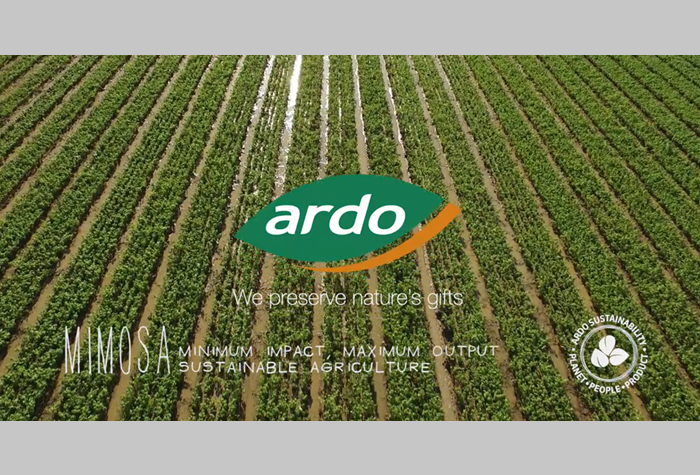As British writer C.S. Lewis put it, “Integrity is doing the right thing, even when no one is watching”. As for the dictionaries, integrity is defined as soundness and the state of being complete or undivided. Given supply chain management’s rich vocabulary, one might have thought the discipline would have thought up some snazzy acronym to describe this “duality” but there probably isn’t an adequate KPI for that…
Europe’s horse-beef burger scandal reminds us of the real costs associated with order winning attributes (price, speed to market etc.) being met at the expense of order qualifying attributes (quality, safety etc.) and while many Brits and Americans recoil in horror at the thought of equine lasagna, the issue here doesn’t have anything to do with food safety but the economically motivated adulteration ( fraud ) at work in passing off one protein for another. The scandal also underlines the exposure value chains face to single points of failure with the potential of harming the system as a whole. A crime, that in the case of downstream merchants, just keeps on giving. And yet as crazy as this all sounds, it’s not that surprising given the check box due diligence that’s often executed by stakeholders abiding by Maginot Lines of food defense.
Consider the PCA scandal which saw business executives knowingly supplying contaminated products and fake certificates of analysis that ultimately led to tainted end products being released to the market causing illness and death. For some, it may be reassuring that PCA is out of business and that its head executive is now serving what will likely be a life sentence and yet I’m left wondering why the supply chain, as a complex adaptive system, wasn’t able to catch this any earlier. After all, in the scandal’s aftermath there were peanut buyers who claimed they never bought PCA products due to PCAs obvious facility issues and yet others merrily placed orders with complete faith in bits of paper.
Before anyone jumps up shaking their fists in righteous indignation with calls for the end of our evil corporate food system…do consider that willful blindness is often at play elsewhere as well. Take that nice artisanal cheese maker who dispensed with such silly corporate mumbo jumbo as vacuum packing and barcoding preferring instead to deliver her cheese to eager gourmets in vine leaf wrappers….pretty yes but making it all the more difficult to track product when her cheese started making folks sick.
Reports at the time indicated that one couldn’t simply place an order with the raw milk cheese maker. Instead, potential buyers had to pass muster in demonstrating their “correct” views on agriculture which must have built quite the mystique among the foodies. Having said this, it seems few (any?) buyers took the time to actually look at how their cheese was being made. When the FDA moved in they documented how the cheese maker wore the same manure encrusted clothing from pasture to production without removing mud, manure, straw and wood-chip debris from floors let alone engaging in adequate employee training regarding proper hand washing etc. Does one lean towards the reds or white wines for such earthy delights?
Now before any local raw cheese making aficionados call for my head claiming that I must be an agent from Monsanto…my goal isn’t to attack artisanal cheese but to point out the willful blindness that exists within our food system…large and small. As well as the need to engage less in supply chain efficiency management and more in supply chain integrity management….large and small.
It’s no longer 1985, there’s this thing called the internet and brands that are rightly or wrongly associated with product harm events can be decimated overnight by the court of social media opinion. Sadly there are folks in our food system who can’t be trusted to do the right thing when nobody’s watching, so we had all do a better job of policing the system….for the good of the whole.




